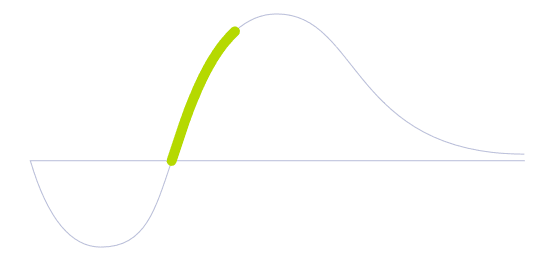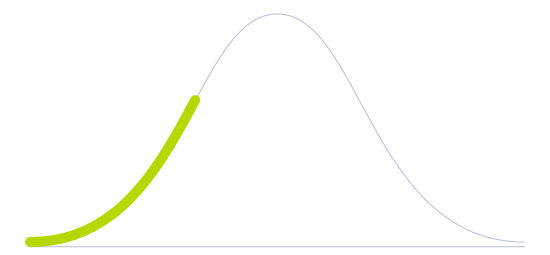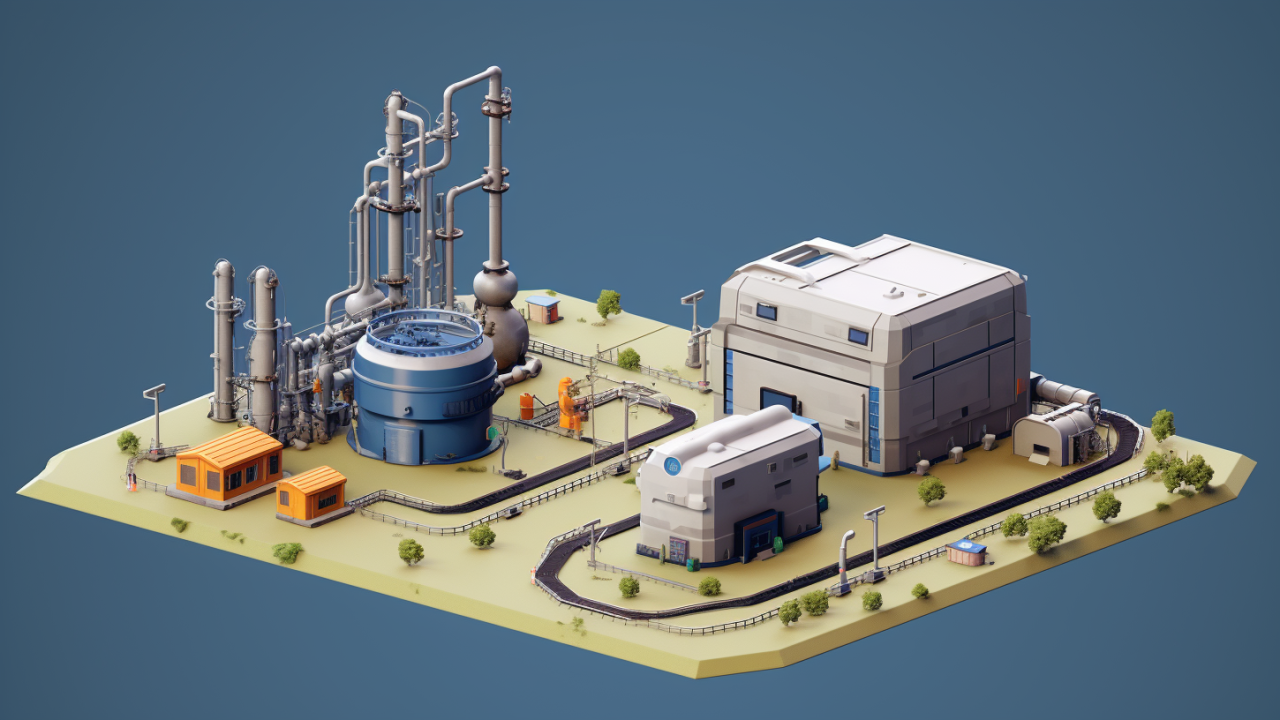Modular Nuclear Reactor

Technology Life Cycle
Marked by a rapid increase in technology adoption and market expansion. Innovations are refined, production costs decrease, and the technology gains widespread acceptance and use.

Technology Readiness Level (TRL)
Prototype is fully functional and ready for testing in industrially relevant environment.

Technology Diffusion
Embrace new technologies soon after Innovators. They often have significant influence within their social circles and help validate the practicality of innovations.

The Small Modular Reactor (SMR), sometimes called a "mini nuclear reactor," provides a reliable and sustainable energy source, reducing reliance on fossil fuels and lowering carbon emissions. This is critical as manufacturers seek cleaner and more energy-efficient operations in response to environmental concerns and stricter regulations. SMRs are designed to generate electricity efficiently on a smaller scale compared to traditional, larger nuclear power plants. Additionally, SMRs offer enhanced energy security, enabling manufacturers to maintain energy production closer to their facilities, even in remote or energy-challenged locations.
SMRs operate by harnessing nuclear fission, just like their larger counterparts. However, their compact size and advanced safety features make them more versatile and safer for use in various manufacturing processes. These reactors control nuclear reactions within a smaller, sealed unit, generating a controlled amount of heat. This heat can be used to produce steam, which in turn drives turbines to generate electricity.
Moreover, this solution offers the advantage of scalability, allowing manufacturing operations to adjust their power generation capacity as needed. This adaptability supports the growth and expansion of manufacturing operations without the need for major infrastructure overhauls. The modular design and improved safety features of SMRs make them a promising and essential component of the future manufacturing landscape, contributing to increased efficiency, sustainability, and resilience in the industry.
Future Perspectives
As carbon-free energy becomes urgent, nuclear energy enthusiasts argue that net-zero emissions can not be achieved fast enough without relying on nuclear power. Even though modular nuclear reactors produce a lower amount of radioactive waste, unresolved waste management issues still remain as the most significant drawbacks of such technologies.
Image generated by Envisioning using Midjourney